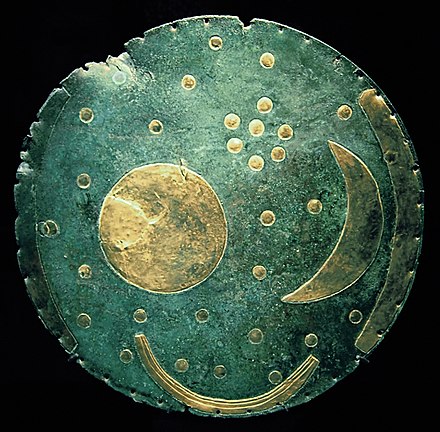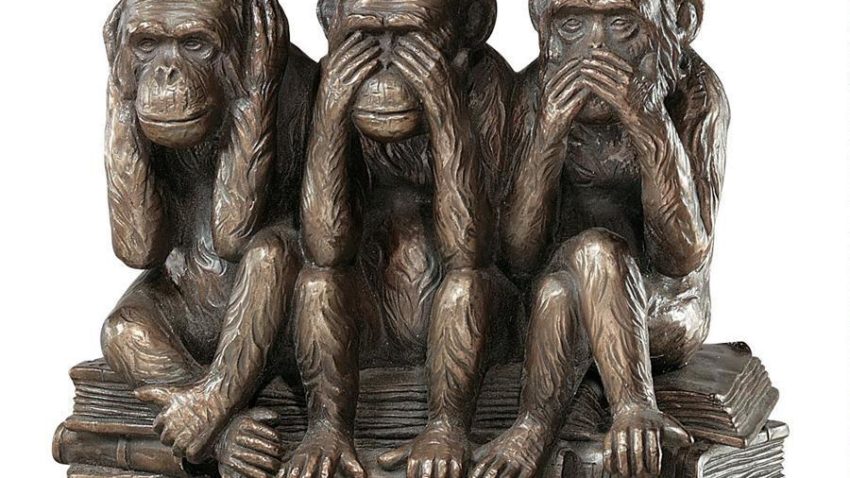On the blue blue cities:
Conservatives do not do well in the cities…
But it’s not only the coastal dens of sin that we have written off: In Texas — Texas! — Republican office-seekers (a reasonable if imperfect proxy for conservative political tendencies) are largely shut out of the cities: Houston, Dallas, San Antonio, Austin, El Paso — all are reliably Democratic. There is no Texas city larger than Fort Worth that routinely elects Republican mayors or that can be relied upon to support Republican candidates in state and national elections.
That was written by National Review’s Kevin Williamson, who seems to believe that part of the problem is that conservatives disapprove of these cities (“coastal dens of sin that we have written off”) and have ignored them. I think he’s got the wrong order—I think that most city-dwellers (with the exception of, say, the residents of Salt Lake City) are not simpatico with Republicans or conservatism and the right has reacted by giving up in despair.
The real question is why the conservative message doesn’t resonate with city dwellers. That’s connected to other questions, such as why certain minorities (blacks, non-Cuban Hispanics, Jews) are so strongly and almost monolithically (particularly black Americans, who are ordinarily at least 90% Democratic) in support of the Democratic Party. Certain age groups lean heavily Democratic, and of course university towns tend to be that way too.
The answers are not necessarily mysterious, and some of them have been aired on this blog many times.
Willliamson adds:
Americans, in particular the younger ones, don’t seem to be getting the message. The best and brightest of them keep going to the colleges we [conservatives] hate, studying for the professions we hold in suspicion or contempt, and dreaming of moving to cities that we’d be content to see washed into the sea.
I know that some conservatives fit Williamson’s description, but I think he’s way overgeneralizing. I certainly don’t fit his description—I’ve lived in blue enclaves most of my life, and visit cities such as New York and San Francisco with enthusiasm (not that I’m necessarily typical, but I still think that in this essay he’s describing a rather small subset of conservatives).
However, those cities are more or less lost to conservatism, and have been for a long long time (probably almost always, in the case of New York City and a few others), What’s newer, I believe, is the loss of all those Texas cities. Perhaps it’s a simple case of changing demographics—the influx of Hispanics and also the migration of so many blue staters (Californians, for example) to places such as Texas, bringing their blue politics with them. In addition, for college towns such as Austin, the ever-increasing leftist slant of academics and education will also skew the population more and more to the left.
Williamson’s suggestion is the following:
Ambition for advancement, and the wealth and status that comes with it, was until five minutes ago part and parcel of American conservatism. That was the best message American conservatives ever had: “Being rich and happy is awesome! Here’s how you can do it, too.”
And there are still millions of Americans who want to advance and to enjoy the best things that American life has to offer, many (though by no means all) of which are to be found in the greatest abundance in American cities and in the cosmopolitan culture that America conservatives once took for granted as something of their own. What do we have to offer them? When is the last time we asked them what it is they like about Brooklyn and Austin? When is the last time we considered their personal and cultural aspirations with anything other than resentment, contempt, and outrage?
I really don’t know what Williamson is talking about. Conservatives have not abandoned that message described in the first paragraph of the above quote. They keep hammering on it, but people have to be receptive to it and to also believe conservatives can deliver it in order to listen. Conservatives have been successfully branded by the left as greedy and racist, and that is the filter through which residents of blue cities hear conservatives’ words.
How to counter that is the question, and I don’t have an answer. But neither does Williamson.
[NOTE: As for the #walkaway movement, composed of people who have left the Democratic Party—some of them young urban people and also members of minorities that are ordinarily strongly Democratic—although it’s an encouraging sign, it’s too small a group to matter at this point. However, listening to what they say is at least a beginning. I’ve listened to a great many of their YouTube videos, and generally they are saying that the Democratic Party was starting to repulse them more than that the Republican Party was attracting them. In fact, many of them have taken pains to say that although they’ve stopped being Democrats, they’re not Republicans.]


